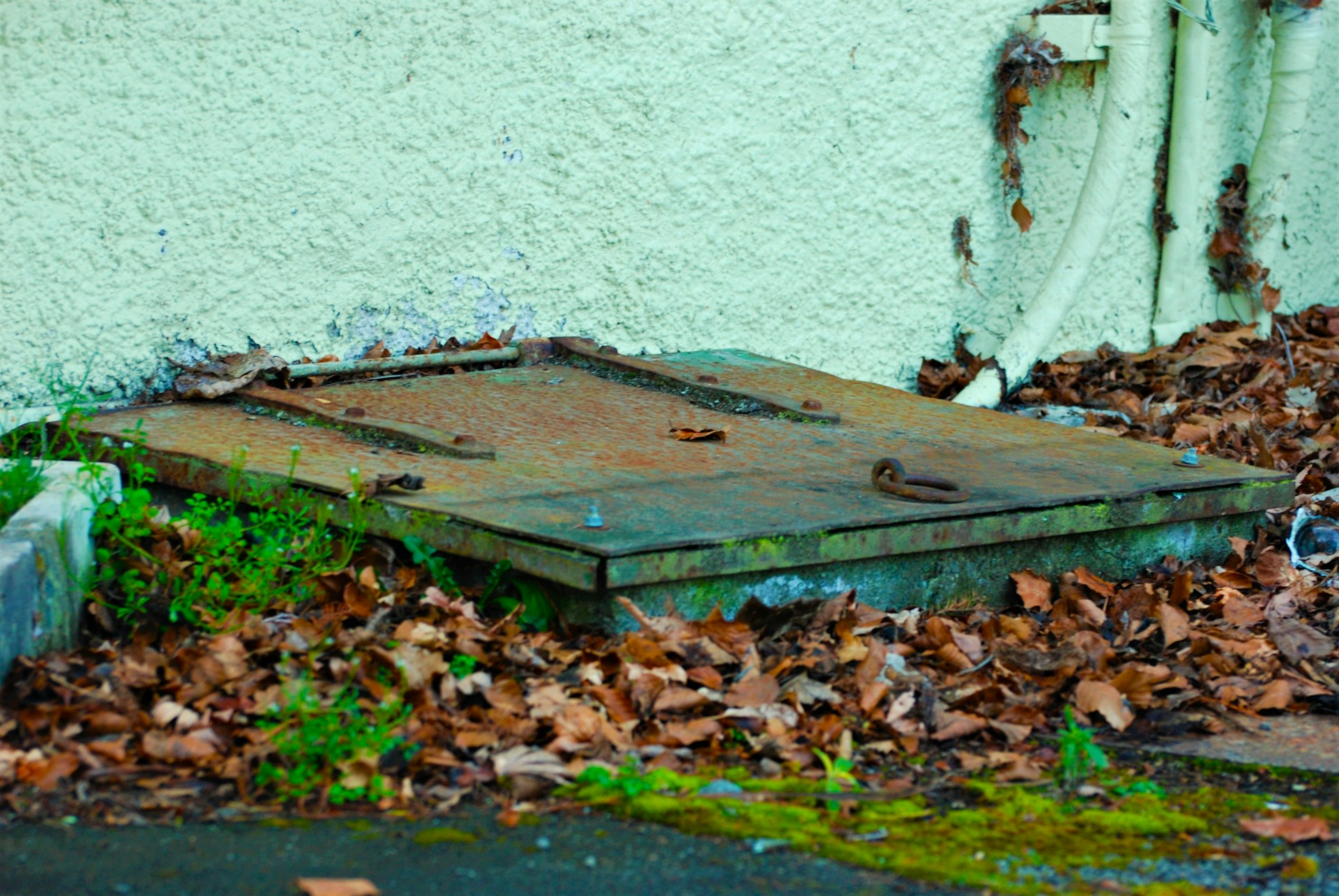Seamless functioning of household entities often goes unnoticed until a malfunction occurs, making proactive maintenance a critical aspect of homeownership. Septic systems are a prime example of a system where regular maintenance is not only a recommendation but a necessity. Taking care of your septic system through septic services ensures efficient waste management and environmental safety.
Key Takeaways
- Regular maintenance of septic systems is imperative for preserving their function and preventing environmental contamination.
- Understanding septic systems’ components and particular care requirements contributes to their longevity.
- The employment of professional septic services facilitates proper system maintenance, which is beneficial in the long term.
Table of Contents
- Introduction
- The Anatomy of a Septic System
- Recognizing Common Septic System Issues
- The Maintenance Schedule
- DIY Vs. Professional Septic Maintenance
- Septic System Do’s and Don’ts
- Importance of Regular Inspections
- The Impact of Household Chemicals on Septic Systems
- Water Usage and Its Effect on Septic Systems
- Landscaping Around Your Septic System
- Preparing for Extreme Weather Conditions
- Conclusion
A properly maintained septic system guards the environment against pollution and safeguards human health. Since septic systems are often out of sight, they can also become out of mind, resulting in neglected maintenance. Consequently, homeowners may face higher expenses due to emergency repairs and potential health risks from system failures in septic services.
The Anatomy of a Septic System
A septic system is intelligently designed with components that work together to efficiently treat and dispose of household wastewater. The main parts include:
- The septic tank, where solids settle and decompose.
- The drain field further treats the effluent through natural processes.
- The soil absorption field, where treated water finally reenters the ecosystem.
Familiarity with these critical components aids in recognizing signs of dysfunction, thus facilitating timely maintenance.
Recognizing Common Septic System Issues
Homeowners need to stay vigilant against signs indicating issues within their septic system. Uncommon odors, unusually lush vegetation over the drain field, and sluggish drainage within the home are all red flags. Ignoring these cues can catalyze a chain of environmental and infrastructural complications, and recognizing these symptoms ensures prompt resolution—preventing damage and the contraction of reparative expenses.
The Maintenance Schedule: How Often and What’s Involved
Septic system maintenance is something other than something to mark off the checklist at random or when convenient. According to professional consensus, septic tanks should be pumped roughly every three to five years, depending on size and usage. Inspections should be performed annually. Regular maintenance involves checking the tank, pipes, and drain fields for potential problems and pumping out the solids accumulated in the tank to prevent system clogs or back-ups.
DIY Vs. Professional Septic Maintenance
While routine vigilance and minor care—such as monitoring water usage and what enters the system—can be managed by the homeowner, professionals best perform the substantial aspects of septic system maintenance. They offer the expertise, experience, and equipment necessary to perform these tasks safely and effectively. It ensures your septic system receives the care it requires without exposing homeowners to the risks of handling waste materials.
Septic System Do’s and Don’ts
- To keep a septic system humming, heed some basic do’s and don’ts, reduce water usage,
- Don’t flush non-biodegradable materials, use septic-safe household cleaners,
- Importantly, keep the system manageable with high volumes of water in short time frames.
Adhering to these guidelines can extend the functional life of your septic system and prevent common issues associated with misuse.
Importance of Regular Inspections
Regular septic inspections are the linchpin of preventative maintenance. They can spot emerging issues, like minor leaks or rising sludge levels, before they spiral into larger, more disruptive problems. Professionals can assess the health of your system using specialized tools and techniques, offering peace of mind and potentially averting emergencies.
The Impact of Household Chemicals on Septic Systems
The marital balance of bacteria within your septic tank is delicate and crucial for separating organic materials. Misusing household chemicals can drastically disturb this balance, leading to inefficiencies. The Environmental Protection Agency provides a credible guideline regarding the effect of such substances on your septic system, emphasizing a prudent approach to chemical use.
Water Usage and Its Effect on Septic Systems
Excessive water use is a common pitfall in many septic systems, exacerbating the need for maintenance by burdening the system. Measures such as repairing leaky faucets, opting for efficient fixtures, and disseminating laundry days throughout the week are actionable steps any homeowner can take to mitigate overloading their septic tank and ensure a longer span of trouble-free service.
Landscaping Around Your Septic System
When it comes to landscaping, practicality should prevail over aesthetics. Vegetation over and around the drain field should be carefully selected to avoid deep-rooting varieties that may infringe on septic lines. Suitable plants beautify your outdoor space and prevent the erosion of your drain field, thus contributing to the optimal function of your septic system.
Preparing for Extreme Weather Conditions
Adverse weather can severely test the robustness of your septic system. Heavy precipitation, flooding, or extended drought can all present challenges. Taking proactive steps, such as ensuring appropriate land drainage and protecting vital system components, can stave off weather-induced damage and position your septic system to withstand nature’s extremes.
Conclusion
Diligent septic system maintenance translates to reliable function and avoiding unexpected and often expensive issues. Beyond individual benefits, septic upkeep contributes to broader environmental stewardship. Advances in maintenance practices and technologies are well worth attention, ensuring homeowners are equipped with the knowledge to sustain their septic systems in a constantly evolving landscape.




